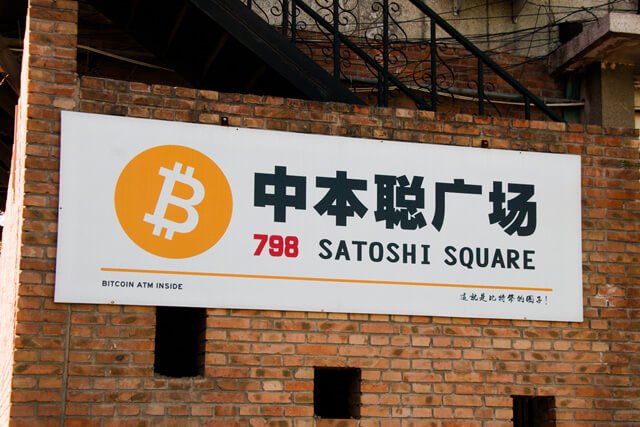Taking strong interest in blockchain, cryptocurrencies, and IoT, Tatsiana Yablonskaya got deep understanding of the emerging techs believing in their potential to drive the future.
China has been facing a massive outflow of money for years and now the time to take serious measures has come. Officially capital controls look as follows in paper – no one is allowed to transfer abroad more than $50,000 per year. Legal entities have to provide weighty purpose to exchange Chinese national currency for foreign ones.
In realty these rules have been violated for years which led China to current economic situation. Massive capital outflow has been evident. Nevertheless no actions have been taken to stop it.
One way of illegal cash transfer is an open secret. Mainland Chinese customers just needed to make a trip to Macau, an autonomous region of China. There many entrepreneurs allowed them to make fake purchases using UnionPay credit cards, thus getting cash and evading strict capital controls.
There is no official information concerning how much money was transferred into Macau. Reuters cites the data of Tam Chi Keong, an assistant professor at the Macau University of Science and Technology, who estimates the total yearly amount as HK$1.57 trillion ($202 billion) flowed out through various channels. Tam says his estimate is based on his analysis of Macau’s finances and interviews with gambling industry participants.
It’s hard to explain now why even central bank, the Peoples Bank of China, though obviously knew the illegal outflow, didn’t act harder to block it. Unfortunately the answer is as evident as it seems – many top politicians used this way themselves to save up hundreds of billions on their offshore bank accounts.
According to current information from China a 20% margin is now required for all currency forwards. To better illustrate it: when a bank sells $100 of the currency forward, it will have to pay $20 to the central bank. As WSJ reports, “China is imposing fresh controls to prevent too much money from leaving the country, in an effort to keep badly needed funds at home to battle a deepening slowdown in the world’s No. 2 economy.”
Those who are interested in digital currencies and deeply understand possible positive effect of these currencies in economically difficult times, can advise Chinese residents a way to control their funds and transfer them abroad voluntarily – bitcoin. Greece has once seen the true value of the cryptocurrency.
When the Greeks were limited to withdraw 60 euros per day, they turned to bitcoin which led to its quick price boost. Not only bitcoin is the fastest-growing area of investment nowadays, it has acted as a saver for many Greeks at that time.
The thing is that bitcoin allows transferring money on Internet, thus avoiding all governmental controls. Time will show if Chinese will choose bitcoin as a new channel to deal with funds in their absolute discretion.





